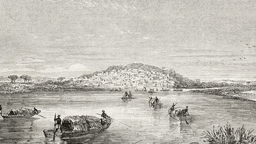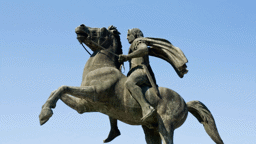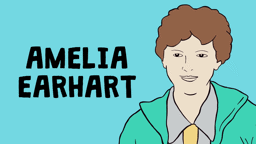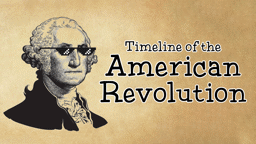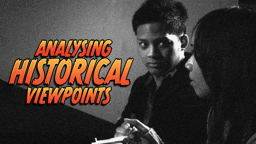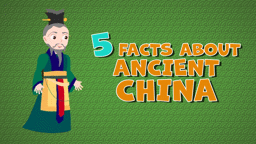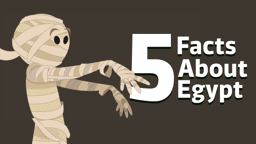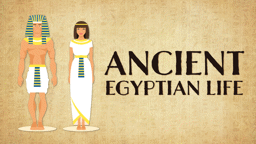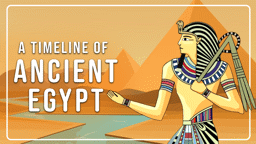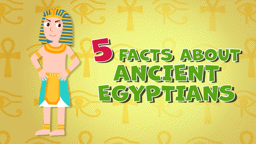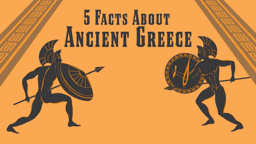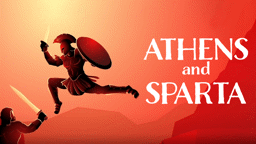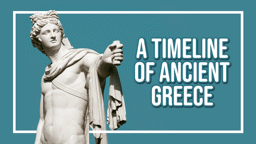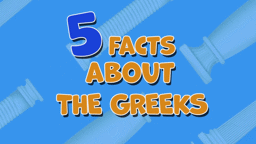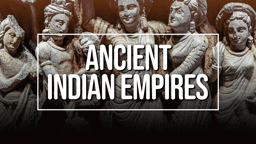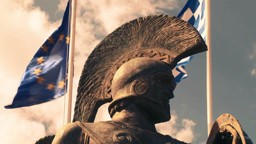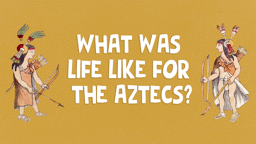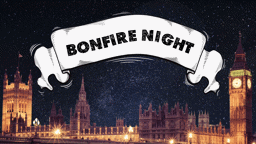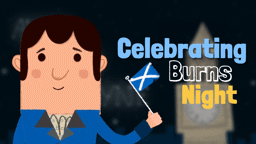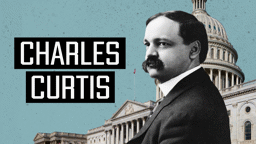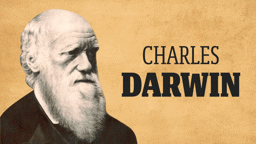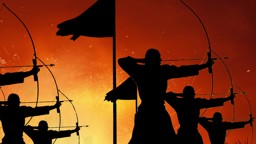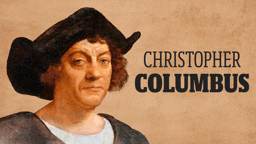Primary Catalogue
Series: History
American Revolution
The American Revolution was a war between American Patriots and their British rulers. Find out how it began and how it resulted in the foundation of the United States of America.
Ancient China
This video explores five fun facts about ancient China.
Ancient Egypt
Find out what made the Ancient Egyptian civilisation one of the most interesting and vibrant civilisations in human history.
Ancient Egyptians
This video explores five fun facts about ancient Egyptians.
Ancient Greece
Take a trip back in time to Ancient Greece and learn about life in Athens and Sparta.
Ancient Greece
This is a timeline of the history of Ancient Greece, the first great civilization in Europe. During its high point, the Greeks made advancements in science, philosophy, literature and democracy.
Ancient Greeks
This video explores five fun facts about ancient Greeks.
Changing Clothes
Take a look at fashion throughout the centuries.
Charles Curtis: Native American Vice President
In 1929, Charles Curtis—a member of the Kaw Nation—made history by becoming the first Vice President of color in the U.S. Yet he left behind a complicated legacy that some claim had a lasting negative impact on Native Americans.
Che Guevara
This is a timeline of events in the life of revolutionary leader, Che Guevara, from 1928 to 1967. He is remembered for his role in the Cuban Revolution and his strong opposition to U.S influence in developing nations.
China's Golden Age
This is a timeline of the history of China’s Golden Age from 618 to 1279. The Tang and Song dynasties were periods of significant economic and cultural progress that lasted for more than 600 years and together are considered as China's Golden Age.
